Our association
Who we are
Autonomous and self-governed.
We protect women & children.
The Frauenhaus und Beratung e.V. association has been in existence since 1976 and is an autonomous and self-governed association. Our association consists of three projects, all of which are committed to the protection of women and children affected by violence.
We work in various committees and working groups, standing together against patriarchal violence.
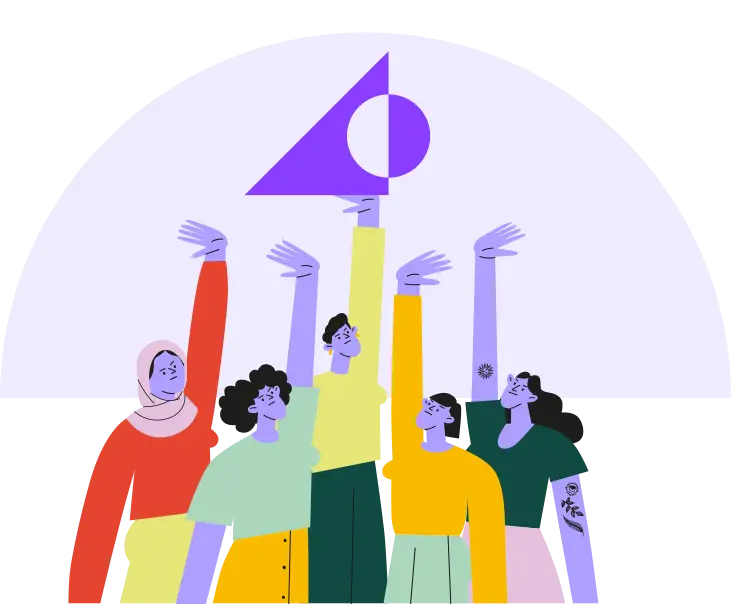
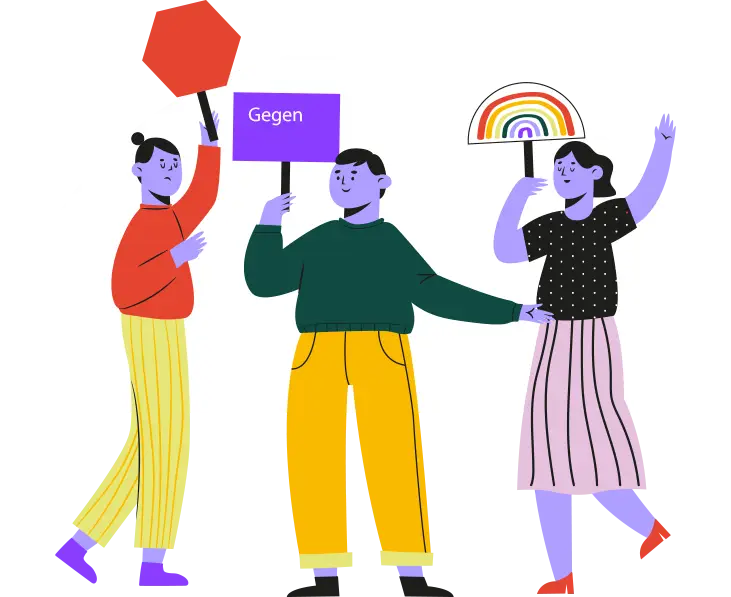
What we stand for
We stand
by your side.
Against violence – for quick help.
- We represent an intersectional
feminist attitude and are opposed to patriarchal violence.
We take the side of women and children, which means we stand up together with them against male violence.
We wish to publicise violence, oppose it and abolish it.
We fight against discrimination, racism, classicism, sexism, homophobia, transphobia and ableism. We do not accept unequal treatment.
We demand a world in which women and children no longer have to experience violence.
Our story
Almost 50 years of strong support for women.
1976
Foundation of the Frauen helfen Frauen e.V. association
1980
Foundation of the Frauenhaus Telgte
1991
Foundation of the Frauenhaus Münster
2000
Foundation of the women’s refuge counselling centre
2008
Change of name to Frauenhaus und Beratung e.V.
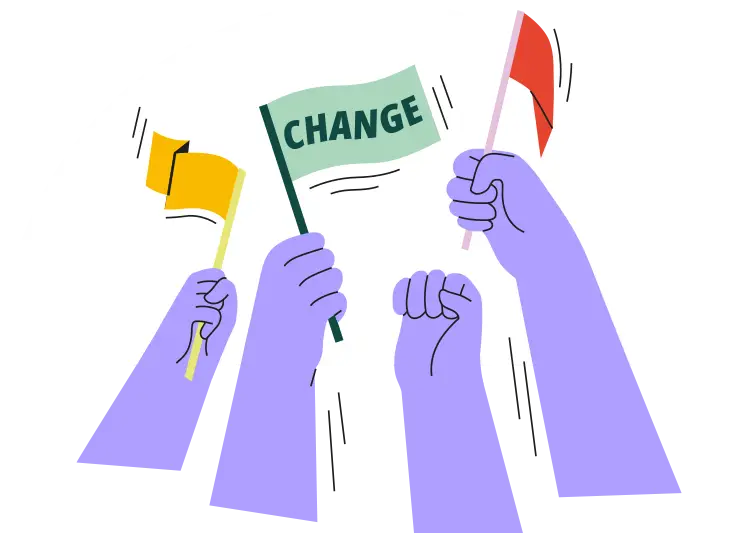
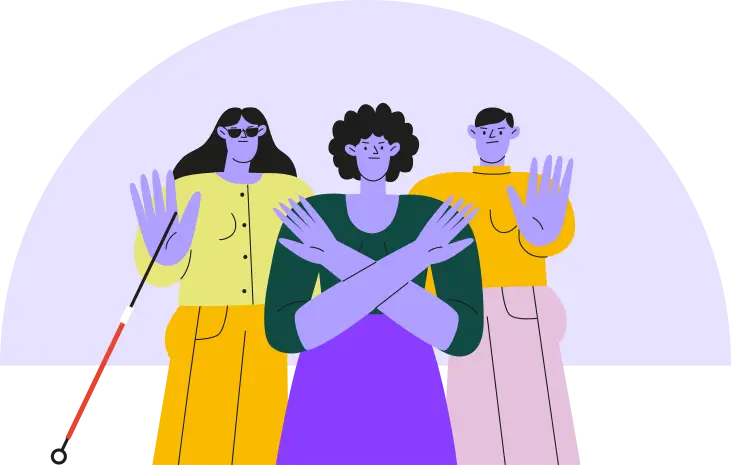
Violence against women
Violence has many faces.
Every third woman in Germany experiences violence.
For example, by their partner, family members, relatives or other persons. Many women (and their children) experience violence in their life, no matter how much money or what level of education they have, how old they are, how they look or where they come from.
There are many forms of violence:
Physical violence
Psychological violence (e.g. threatening, disparaging, controlling)
Sexualized violence (e.g. touching you, suggestive comments, messages with sexual content)
Social isolation
Deprivation of liberty (imprisonment)
Rape
Deprivation of money
Trafficking in women and sexual exploitation
Forced marriage
Digital violence (e.g. sending pictures or videos, constant contact or harassment, fake profiles)
Stalking (e.g. following, ambushing, unwanted gits)
- Patriarchal violence.
No matter what violence, no matter who exercises it – we fight together!
Donation
Every donation helps.
Thank you for supporting us.
Donations enable us to help quickly and unbureaucratically.
With a donation to a women’s shelter, the women’s advice center or the association, you can support women and children on their way to a life free of violence. You can also support our public relations work in the fight against patriarchal violence in the fight against patriarchal violence.
We would like to thank all our supporters!
Information and links
You are not alone!
There are many help and information centres.
Help links:
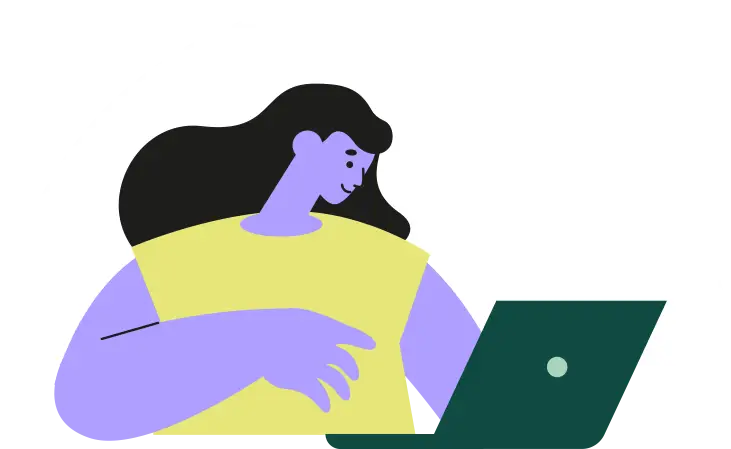
Contact
We are here for you.
How you can reach us:
Frauenhaus
Münster
For safety reasons, we keep our address secret.
Telephone 02506 6755
Fax 02506 6539
Postfach 480161
48078 Münster
Frauenhaus
Telgte
For safety reasons, we keep our address secret.
Telephone 02504 5155
Fax 02504 1557
Postfach 460112
48072 Münster
Frauenhaus-
beratungsstelle
Frauenhaus & Beratung e.V.
Achtermannstr. 19
48143 Münster
Telephone 0251 1420810
Our advice centre
can be reached at the following
times:
Monday: 9 am – 4 pm
Tuesday: 9 am – 7 pm
Wednesday: 9 am – 4 pm
Thursday: 10 am – 7 pm
Friday: 9 am – 3 pm
